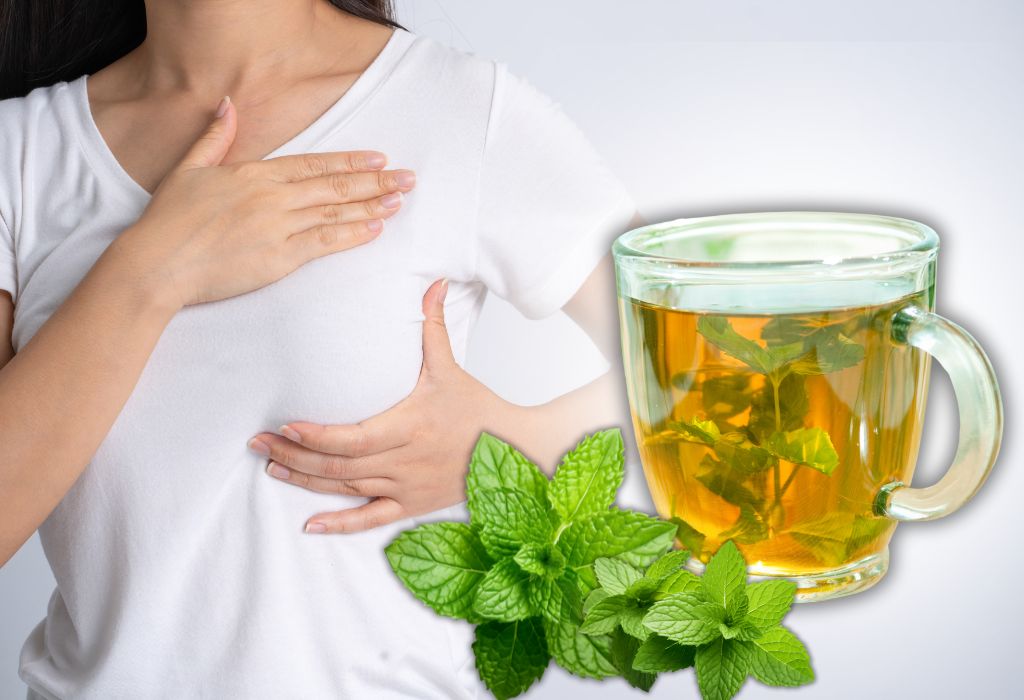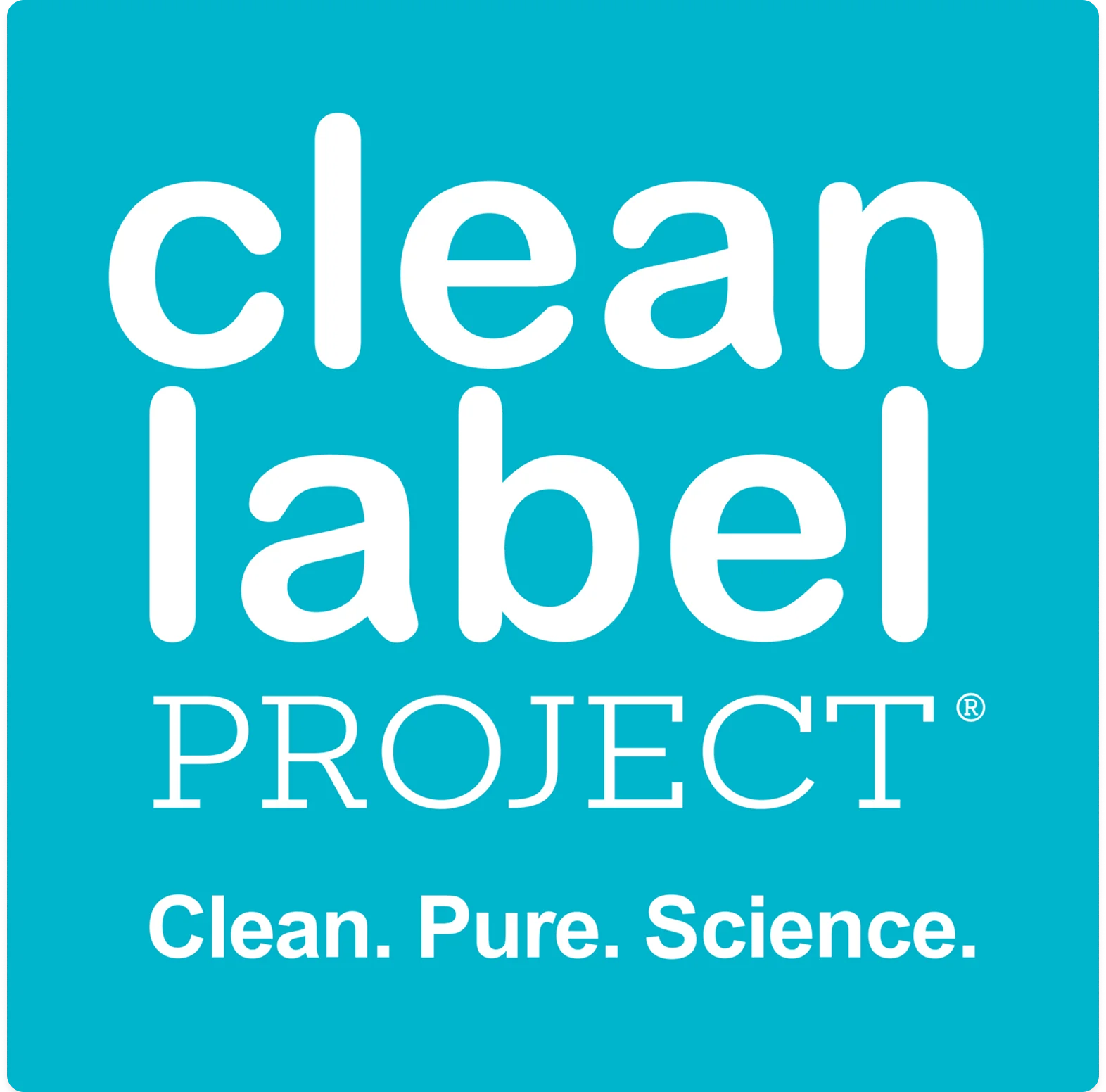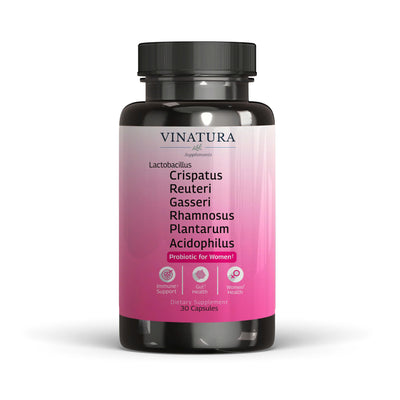
Does Spearmint Tea Increase Breast Size?
Spearmint tea offers numerous health benefits for women, especially regarding breast size.
This food primarily affects hormones, bringing about balance and stimulating the development of beneficial hormones, allowing for the full and normal development of breast glands.
So, Does Spearmint Tea Increase Breast Size? The information below will give you a specific answer.
Before exploring further, please read the disclaimer located at the end of this webpage.
Key Takeaways
- There is limited direct research on the capacity of spearmint tea to increase breast size.
- Spearmint tea promotes the development of breast tissue. It may increase breast size by stimulating the production of the hormones estrogen and progesterone.
- Spearmint leaf extract counters androgens, a group of hormones containing a lot of testosterone, which reduces breast size.
- Spearmint tea has also been shown to prevent breast cancer, reduce the risk of polycystic ovary syndrome (PCOS), and regulate female hormonal disorders.
- Breast size can be increased through diet, exercise, or, more quickly, through cosmetic surgery.
Does Spearmint Tea Increase Breast Size?

Pure spearmint tea promotes breast tissue development and increases breast size.
Specifically, spearmint tea reduces the amount of testosterone in women's bodies, stimulating the production of estrogen and progesterone, two hormones that play a crucial role in breast development.
The following will further analyze how spearmint tea affects breast size.
How Does Spearmint Tea Impact On Breast Heath? Scientific Evidence
First, let's briefly overview how hormones affect the development of breast gland cells. The breast gland undergoes significant growth starting from puberty, then fully develops during pregnancy and breastfeeding [1].
Throughout this cycle, the breast gland is primarily influenced by the hormones estrogen and progesterone; where estrogen stimulates the development of the milk duct system, and progesterone supports the development of lobules, with these two hormones to be secreted alternately at balanced levels, allowing the breast gland to develop fully and typically [2].
Contrary to estrogen and progesterone, higher than normal levels of testosterone in women can reduce breast size due to fat reduction; however, not significantly [3].
A study on the ability of spearmint tea to counteract Androgens (a group of hormones containing 95% testosterone) [4] showed a significant reduction in free testosterone levels within 5 days of continuous spearmint tea consumption.
Another randomized controlled trial performed in this study also showed a decrease in testosterone levels. At the same time, the hormone-stimulating ovarian follicles in women increased during 30 days of consuming spearmint tea.
In addition to reducing testosterone levels, spearmint leaf extract has also been proven to have a significant effect on increasing progesterone, not only supporting the increase in breast size but also minimizing the risk of polycystic ovary syndrome (PCOS), causing reproductive and endocrine disorders in women [5].
Furthermore, spearmint tea contains antioxidants, antiproliferative, and cytotoxic substances, inhibits DNA fragmentation caused by free radicals, prevents the oxidation of low-density lipoprotein cholesterol in humans, and blocks the formation of thiobarbituric acid reactions [6], potentially acting against breast cancer in women.
Related Article: Spearmint For PCOS: Benefits & How To Use Spearmint Tea?
Misleading About the Effects of Spearmint On Breast Grow

The working mechanism of spearmint tea has been considered to influence the ability to increase breast size. However, there is not much scientific research currently proving this capability.
Spearmint stimulates the production of estrogen and progesterone to promote breast development, but it is not yet widely popular.
What is certain here is that spearmint leaves contain many compounds beneficial to health, including menthol, flavonoids, and polyphenols [7], which have antioxidant effects and protect the body from free radicals.
In addition, spearmint tea is also famous for its pain-relieving effect, supporting digestion, reducing nausea, bloating, and indigestion, and is a cooling, antibacterial product beneficial for the skin [8].
Do not forget to consult your doctor before adding spearmint tea to your diet as a therapy to increase breast size, as in some cases, excessive consumption of spearmint may affect hormones, menstruation, and many other health issues.
Other Potential Benefits of Spearmint Tea
Besides its role in stimulating breast growth, benefits of Spearmint tea is also famous for its ability to soothe discomforts in the digestive tract, addressing Irritable Bowel Syndrome (IBS) [9], helpful for spasmodic pains in the digestive tract, supporting the relaxed state of this organ.
Moreover, spearmint tea has effectively reduced nausea and limited vomiting among chemotherapy patients. [10].
It helps women balance hormones by balancing androgen levels. Active compounds in spearmint leaves help address issues related to Polycystic Ovary Syndrome (PCOS) [11], improving the condition of excessive hair growth on the face, back, and chest [12].
Another effect of spearmint tea on female reproductive health is the alleviation of menstrual cramps and the regulation of menstrual cycles.
Spearmint leaves soothe the spasms caused by PMS symptoms and stimulate ovulation by increasing hormone luteinizing FSH and estradiol [13].
In addition, spearmint tea is proven for many other uses, such as anti-infection [14], improving memory [15], regulating blood pressure, reducing blood sugar [16], relieving stress [17], treating arthritis [18], and reducing bad breath [19].
Learn more: Peppermint Vs Spearmint Tea: Explore Differences Between Them
Other Ways to Increase Breast Size

Breast size depends quite a lot on genetic factors. Therefore, it's challenging to change naturally or requires a lot of time for therapies to be effective. Besides adding spearmint tea as a daily drink, you may consider the following methods to improve breast size:
- Supplement foods rich in natural estrogen-like soybeans, soy products, chia seeds, and dairy butter.
- Build a balanced nutritional diet full of protein, fiber, vitamins, and minerals to support overall health and promote breast tissue development.
- Try chest exercises, cardio, or a few yoga poses, which help reduce fat, firm the chest, and improve blood circulation to breast tissues.
- Regular massages should be performed daily to improve blood circulation, making the breasts look firm and fuller.
- Cosmetic surgery to quickly increase breast size; however, this method is a complex medical procedure, entailing many risks. Therefore, it's important to consult experts before proceeding.
Conclusion
Increasing breast size has always been a concern for women, not only bringing a radiant appearance but also making them feel more comfortable and confident.
Spearmint tea is a natural method to help promote the development of breast tissue cells, giving a firmer, fuller feeling.
However, it requires a lot of time and effort. In conclusion, we trust this article has offered insights into a natural method to boost confidence and addressed the query: Does Spearmint Tea Increase Breast Size?
Related Article:
How To Use Spearmint Leaves? 13 Ways Must-Try
Benefits Of Spearmint For Hair & Scalp: Does Spearmint Block DHT?
References
- [1] Arendt, Lisa M., and Charlotte Kuperwasser. "Form and Function: How Estrogen and Progesterone Regulate the Mammary Epithelial Hierarchy." Journal of Mammary Gland Biology and Neoplasia, vol. 20, no. 1-2, June 2015, pp. 9–25, https://doi.org/10.1007/s10911-015-9337-0.
- [2] Mauvais-Jarvis, P., et al. “Antiestrogen Action of Progesterone in Breast Tissue.” Breast Cancer Research and Treatment, vol. 8, no. 3, Oct. 1986, pp. 179–188, https://doi.org/10.1007/bf01807330.
- [3] "Information on Testosterone Therapy." Student health. Oregon state, May 2014, studenthealth.oregonstate.edu/sites/studenthealth.oregonstate.edu/files/2022-05/051922_testosterone_therapy.pdf. Accessed 8 May 2024.
- [4] Donnelly, Rayna. Anti-Androgenic Effects of Spearmint Tea (Mentha Spicata) Anti-Androgenic Effects of Spearmint Tea (Mentha Spicata) Anti-Androgenic Effects of Spearmint Tea (Mentha Spicata) Anti-Androgenic Effects of Spearmint Tea (Mentha Spicata).
- [5] Mehraban, Mina, et al. “A Combination of Spearmint and Flaxseed Extract Improved Endocrine and Histomorphology of Ovary in Experimental PCOS.” Journal of Ovarian Research, vol. 13, no. 1, 20 Mar. 2020, https://doi.org/10.1186/s13048-020-00633-8.
- [6] Brown, Nicole, et al. "Polyphenol Composition and Antioxidant Potential of Mint Leaves." Food Production, Processing and Nutrition, vol. 1, no. 1, 3 Sept. 2019, https://doi.org/10.1186/s43014-019-0001-8.
- [7] Riachi, Liza G., and Carlos A.B. De Maria. "Peppermint Antioxidants Revisited." Food Chemistry, vol. 176, June 2015, pp. 72–81, www.sciencedirect.com/science/article/pii/S030881461401930X, https://doi.org/10.1016/j.foodchem.2014.12.028.
- [8] Silva, Henrique. "A Descriptive Overview of the Medical Uses given to Mentha Aromatic Herbs throughout History." Biology, vol. 9, no. 12, 1 Dec. 2020, p. 484, www.mdpi.com/2079-7737/9/12/484/htm, https://doi.org/10.3390/biology9120484.
- [9] Vejdani, Reyhaneh, et al. "The Efficacy of an Herbal Medicine, Carmint, on the Relief of Abdominal Pain and Bloating in Patients with Irritable Bowel Syndrome: A Pilot Study." Digestive Diseases and Sciences, vol. 51, no. 8, 26 July 2006, pp. 1501–1507, https://doi.org/10.1007/s10620-006-9079-3.
- [10] Jahn, Franziska, et al. "The Prevention and Treatment of Nausea and Vomiting during Tumor Therapy." Deutsches Ärzteblatt International, 27 May 2022, https://doi.org/10.3238/arztebl.m2022.0093.
- [11] Grant, Paul. "Spearmint Herbal Tea Has Significant Anti-Androgen Effects in Polycystic Ovarian Syndrome. A Randomized Controlled Trial." Phytotherapy Research : PTR, vol. 24, no. 2, 2010, pp. 186–8, www.ncbi.nlm.nih.gov/pubmed/19585478, https://doi.org/10.1002/ptr.2900.
- [12] Akdoğan, Mehmet, et al. “Effect of Spearmint (Mentha Spicata Labiatae) Teas on Androgen Levels in Women with Hirsutism.” Phytotherapy Research : PTR, vol. 21, no. 5, 2007, pp. 444–7, www.ncbi.nlm.nih.gov/pubmed/17310494, https://doi.org/10.1002/ptr.2074.
- [13] Sadeghi Ataabadi, Mahmood, et al. “Role of Essential Oil of Mentha Spicata (Spearmint) in Addressing Reverse Hormonal and Folliculogenesis Disturbances in a Polycystic Ovarian Syndrome in a Rat Model.” Advanced Pharmaceutical Bulletin, vol. 7, no. 4, 31 Dec. 2017, pp. 651–654, www.ncbi.nlm.nih.gov/pmc/articles/PMC5788221/, https://doi.org/10.15171/apb.2017.078.
- [14] Shahbazi, Yasser. "Chemical Composition AndIn VitroAntibacterial Activity OfMentha SpicataEssential Oil against Common Food-Borne Pathogenic Bacteria." Journal of Pathogens, vol. 2015, 2015, pp. 1–5, www.ncbi.nlm.nih.gov/pmc/articles/PMC4553199/, https://doi.org/10.1155/2015/916305. Accessed 23 Apr. 2019.
- [15] Herrlinger, Kelli A., et al. "Spearmint Extract Improves Working Memory in Men and Women with Age-Associated Memory Impairment." The Journal of Alternative and Complementary Medicine, vol. 24, no. 1, Jan. 2018, pp. 37–47, https://doi.org/10.1089/acm.2016.0379.
- [16] Bayani, Mahsan, et al. "Study of Hypoglycemic, Hypocholesterolemic and Antioxidant Activities of Iranian Mentha Spicata Leaves Aqueous Extract in Diabetic Rats." Iranian Journal of Pharmaceutical Research: IJPR, vol. 16, no. Suppl, 2017, pp. 75–82, pubmed.ncbi.nlm.nih.gov/29844778/. Accessed 8 May 2024.
- [17] Watt, Erin E., et al. "Menthol Shares General Anesthetic Activity and Sites of Action on the GABAA Receptor with the Intravenous Agent, Propofol." European Journal of Pharmacology, vol. 590, no. 1-3, Aug. 2008, pp. 120–126, https://doi.org/10.1016/j.ejphar.2008.06.003. Accessed 23 Dec. 2022.
- [18] Connelly, A. Erin, et al. "High-Rosmarinic Acid Spearmint Tea in the Management of Knee Osteoarthritis Symptoms." Journal of Medicinal Food, vol. 17, no. 12, 1 Dec. 2014, pp. 1361–1367, pubmed.ncbi.nlm.nih.gov/25058311/, https://doi.org/10.1089/jmf.2013.0189.
- [19] Khalid Mohammed Khan, et al. Natural Products to Cure Bad Breath. 15 Sept. 2023, pp. 217–252, https://doi.org/10.1002/9781394167197.ch12.
Author

Product Disclaimer
Including an ingredient or study does not evaluate, endorse, or recommend any Vinatura product or any third-party product. Some ingredients discussed may not be used in any Vinatura product.
The content of the articles has not been evaluated by the Food and Drug Administration (FDA) and is not intended to promote or endorse any specific product. Any products sold on this website are not intended to diagnose, treat, cure, or prevent any disease.
Opinions and Endorsements
Any claims, statements, or opinions expressed in the articles are those of the author(s) and do not necessarily reflect the views or opinions of the manufacturers of the dietary supplement products. The products sold on this website are separate from the content of the articles and are not directly endorsed or associated with the information presented here.
Liability Disclaimer
The author(s) of the articles, website, and manufacturers of the dietary supplement products do not assume any liability for any potential consequences arising from the use of the information provided in the articles. Ingredient effects, dosages, and safety vary by individual, formulation, and context; some ingredients interact with medications or may be unsuitable during pregnancy or lactation. It is recommended that individuals consult with a qualified healthcare professional before making any dietary or lifestyle changes, including the use of dietary supplements.
Product Usage
Please refer to the product labels and packaging for specific usage instructions and guidelines for the dietary supplement products sold on this website.
Customer Support
For any concerns or questions regarding the dietary supplement products, please contact our customer support team, who will be more than happy to assist you.






Leave a Comment
Be the first to comment.
What do you think?